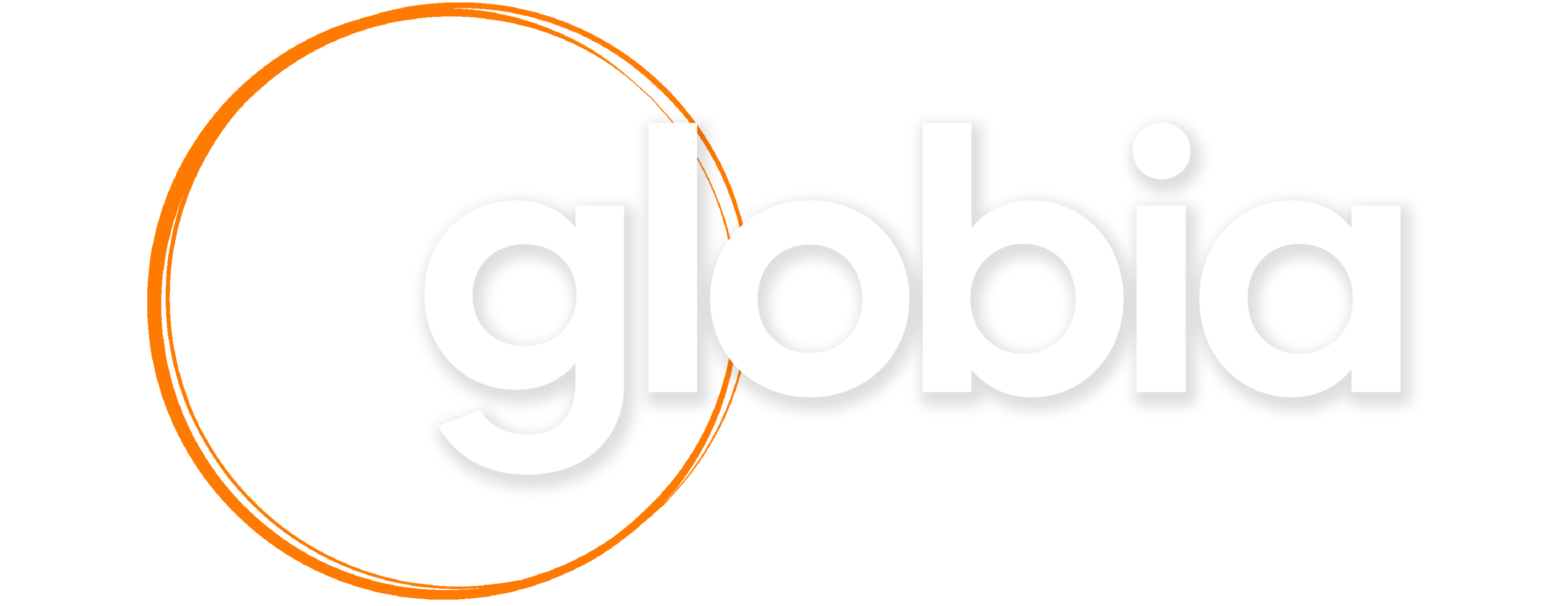One of the biggest gaps in content marketing programs is the failure to measure effectiveness. This is a lot like throwing content out there into the digital world and hoping for the best. It’s true that there are a lot of challenges with measurement like:
- You don’t know what to measure
- You don’t have the tools to help
- There’s just too much data
- You have data but don’t know what it means
Here are some steps to figure out how to measure your content marketing efforts:
First, even before starting a content marketing campaign, you should define your goals and KPIs. Are you trying to generate leads, increase website traffic, improve search engine rankings, or boost social media engagement?
From there, your choices can include deciding to measure things like:
- Website traffic: Measuring the increase in website traffic after publishing content can indicate how effective the content is in attracting visitors to your website. It can also show you how well your SEO is working. Measure things like bounce rates, unique users, average session time, and the number of pages visited per session.
- Social media engagement: Monitoring social media engagement, such as likes, shares, and comments, can provide insight into the success of your content on social media platforms.
- Lead Generation: Measuring the number of leads generated from content can help determine the effectiveness of your content in attracting potential customers. (If someone downloads a content piece and gives you their email to do so, that’s a lead).
- Conversion Rates: Analyzing who ‘converts’ such as email sign-ups, product purchases, or event registrations, can provide insight into the effectiveness of your content in driving sales.
- Brand Awareness: Tracking the increase in brand awareness, such as mentions or searches related to your brand, can indicate how effective your content is in creating brand recognition and recall.
- Acquisition: Understanding how users arrive at your website or which subpage ‘converts’ can help show you which channels are most effective. Channels can include organic search, referral, direct traffic, or social.
- Keyword rankings: Monitoring the rankings of your target keywords in search engine results pages (SERPs) can indicate how well your SEO efforts are working. Tools such as Google Search Console, SEMrush, or Ahrefs can help you track your keyword rankings over time.
Benchmarking
It can be useful to define targets for you to hit with each content piece. Consider establishing ones like these:
- Blog Posts Will Receive x Number of Unique Page Views.
- Blog Posts Will Receive x Number of Total Views.
- Blog Posts Will Generate x Amount of Revenue.
- Emails Will Receive x Number of Opens Per Email.
- Social Campaigns Will Get x% Engagement Per Post.
- Social Media Posts Will Reach x Number of People.
- Videos Will Receive x Number of Views.
- Ebooks Will Be Downloaded x Number of Times.
Hope that helps! You can engage a content marketing strategist to help you get this data (various tools, some free), compile it, and analyze the ‘story’ behind it.
Another good article you can check out from the Marketing Insider Group is here. It goes through metrics showing retention, engagement, sales and lead generation.





